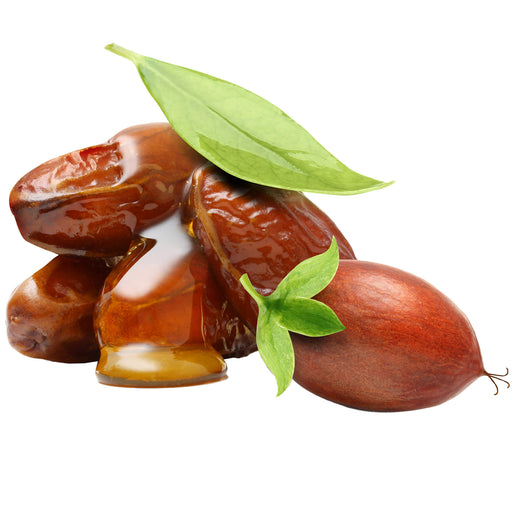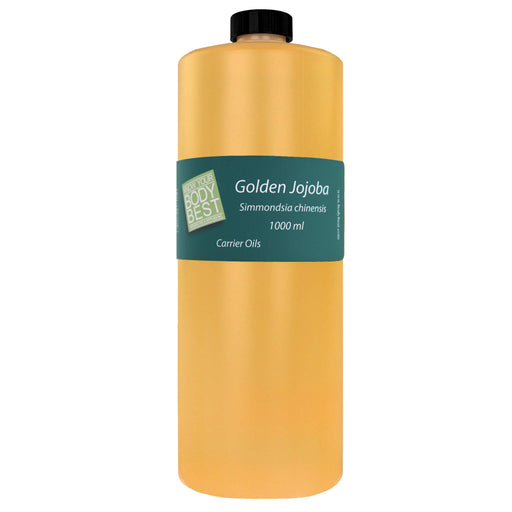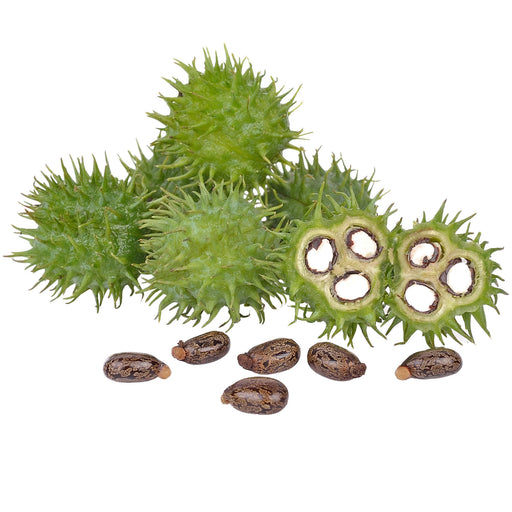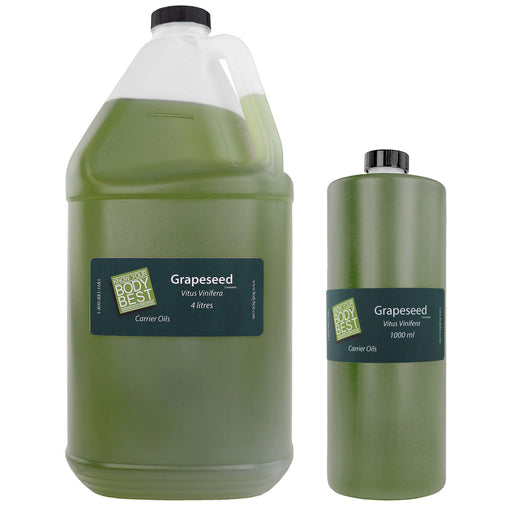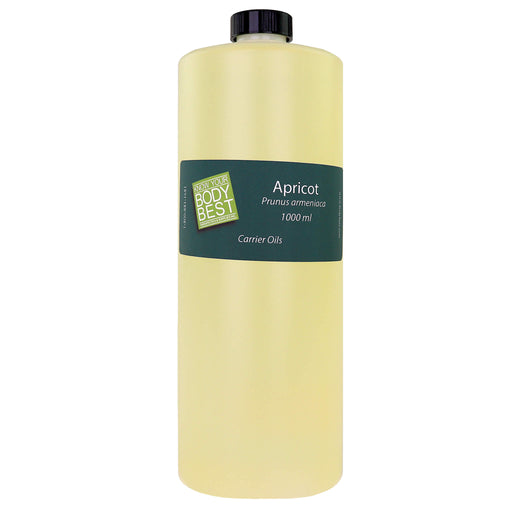over $250.00

Contact Dermatitis Among Massage Therapists: Underlying Reasons and Relief
Contact Dermatitis in Massage Therapists: Causes, Symptoms, and Solutions
Contact dermatitis is one of the most common occupational skin conditions among massage therapists. It can cause significant discomfort and even limit the ability to work. Despite its prevalence, resources tailored to therapists are scarce. This article brings together key facts, common causes, and practical strategies for prevention and relief.
Looking for a safer option? Explore our BodyBest Massage Lotion
formulated without parabens or harsh chemicals.
What is Contact Dermatitis?
Contact dermatitis is an inflammatory skin reaction triggered when the skin encounters an irritant or allergen. It is not contagious or life-threatening, but it can be painful and disruptive in a profession where hands are the primary tool of care.
Common Symptoms
- Red rash
- Dry, scaly, or flaking skin
- Itching or burning sensations
- Swelling and tenderness
- Blisters or bumps
- Cracking skin, often at the knuckles or fingertips
Symptoms usually appear on the area of skin that was exposed — for massage therapists, most often the hands, wrists, and forearms.
Types of Contact Dermatitis
Irritant Contact Dermatitis
The most common form. It occurs when substances or physical factors disrupt the skin barrier, leading to inflammation. Triggers may include:
- Frequent handwashing or prolonged water exposure
- Massage oils, lotions, or disinfectants
- Friction and pressure during treatments
- Cold or dry weather
Allergic Contact Dermatitis
A delayed immune reaction that appears hours to days after exposure. Repeated use of the same product can eventually trigger a rash. Common allergens include:
- Fragrances and preservatives
- Isothiazolinones (in some wipes, cleansers, shampoos)
- Cocamidopropyl betaine (a surfactant in personal care products)
- Formaldehyde-releasing preservatives (in disinfectants, adhesives)
- Paraphenylenediamine (in hair dyes)
Contact Urticaria
Also known as hives, this is an immediate reaction that usually fades within hours. Though less common, it can indicate a serious allergy.
Your hands deserve the same care you give your clients. Switch to skin-friendly massage lotions today.
Diagnosing and Managing Contact Dermatitis
Diagnosis is usually clinical, based on history and symptom patterns. If the cause isn’t obvious, referral for patch testing may help identify allergens.
Prevention and Protective Measures
Massage therapists can take several steps to reduce their risk:
- Use hypoallergenic, fragrance-free massage lotions designed for sensitive skin.
- Apply barrier creams or moisturizers regularly, especially after washing hands.
- Wear powder-free, non-latex gloves (nitrile or vinyl) if barrier protection is required.
- Avoid products containing common allergens like formaldehyde or harsh surfactants.
- Introduce new products gradually and perform a patch test on a small area before full use.
- Maintain hydration and humidity in your workspace to prevent dry skin.
Treatment Strategies
If symptoms occur:
- Discontinue exposure to the suspected irritant or allergen.
- Use emollient-rich moisturizers to restore the skin barrier.
- Apply over-the-counter anti-itch creams (e.g., calamine, colloidal oatmeal).
- Cool compresses with plain water can soothe flare-ups.
- Seek medical advice if symptoms persist — a physician may recommend topical corticosteroids or referral to a dermatologist.
Supporting Your Practice and Your Skin
As massage therapists, your hands are your livelihood. Protecting them is essential not just for comfort but for your career longevity. Switching to professional-grade massage products and building skin care into your daily routine can significantly reduce the risk of contact dermatitis.
Your clients rely on your healing touch. It’s worth giving your skin the same level of care.
Key takeaway: Contact dermatitis is common but manageable. Awareness of product ingredients, proactive skin care, and professional consultation are the best tools to keep your hands healthy and your practice thriving.
Featured collection
-
Original price $14.99 - Original price $124.99$14.99 - $124.99$14.99
Lowest Price per ml: $36.66
$9.99 - $109.99$9.99 - $109.99Current priceCurrent Price: $29.99
Price Per ml: $29.99
$9.99BodyBest Fractionated Coconut Massage Oil
BodyBestIn stockBenefits of BodyBest Fractionated Coconut Massage Oil Elevate your massage experience with our house-branded Fractionated Coconut Massage Oil, a pr...
View full detailsOriginal price $14.99 - Original price $124.99$14.99 - $124.99$14.99Lowest Price per ml: $36.66
$9.99 - $109.99$9.99 - $109.99Current priceCurrent Price: $29.99
Price Per ml: $29.99
$9.99Save up to 12% -
$14.99 - $59.99
Lowest Price per ml: $0.06
$14.99 - $59.99$14.99 - $59.99Current priceCurrent Price: $59.99
Price Per ml: $0.05
$14.99Golden Jojoba Carrier Oil – Professional Massage & Skin Therapy
BodyBestIn stockGolden Jojoba Carrier Oil – Professional Massage & Skin Therapy Golden Jojoba Oil is a premium, professional-grade carrier oil designed for cli...
View full details$14.99 - $59.99Lowest Price per ml: $0.06
$14.99 - $59.99$14.99 - $59.99Current priceCurrent Price: $59.99
Price Per ml: $0.05
$14.99 -
$0.00 - $0.00$0.00
Lowest Price per ml: $0.03
$11.99 - $29.99$11.99 - $29.99Current priceCurrent Price: $11.99
Price Per ml: $0.04
$11.99Castor Organic Carrier Oil - Extra Virgin
BodyBestIn stockProfessional Castor Organic Carrier Oil – Extra Virgin for Therapeutic & Wellness Use Extra Virgin Castor Oil is a high-viscosity, professional...
View full details$0.00 - $0.00$0.00Lowest Price per ml: $0.03
$11.99 - $29.99$11.99 - $29.99Current priceCurrent Price: $11.99
Price Per ml: $0.04
$11.99 -
$29.99 - $99.99
Lowest Price per ml: $0.02
$29.99 - $99.99$29.99 - $99.99Current priceCurrent Price: $29.99
Price Per ml: $0.02
$29.99Refined Grapeseed Carrier Oil – Cosmetic Grade
BodyBestIn stockOur Refined Grapeseed Carrier Oil – Cosmetic Grade is a lightweight, professional-grade carrier oil widely used by massage therapists, aesthetician...
View full details$29.99 - $99.99Lowest Price per ml: $0.02
$29.99 - $99.99$29.99 - $99.99Current priceCurrent Price: $29.99
Price Per ml: $0.02
$29.99 -
$29.99 - $29.99$29.99$29.99 - $29.99Current price$29.99
Apricot Kernel Carrier Oil - Cosmetic Grade, Refined
BodyBestIn stockProfessional Cold-Pressed Apricot Kernel Oil for Massage & Body Treatments Cold-Pressed Apricot Kernel Oil – Cosmetic Gradef, Refined is a ligh...
View full details$29.99 - $29.99$29.99$29.99 - $29.99Current price$29.99


